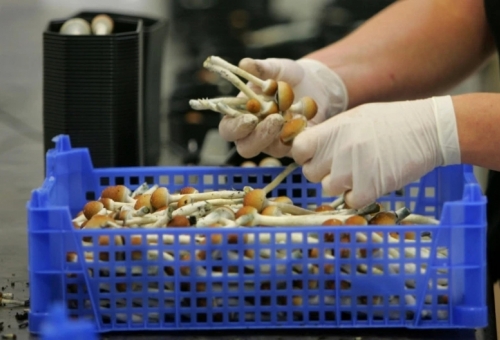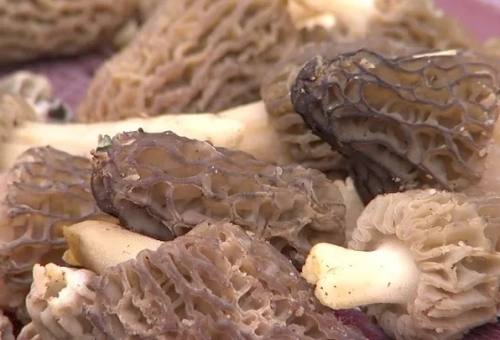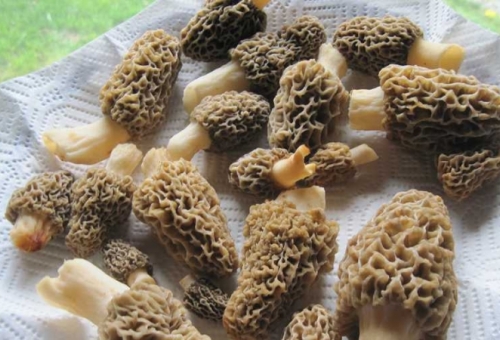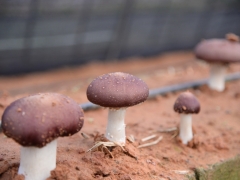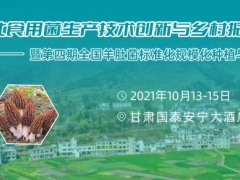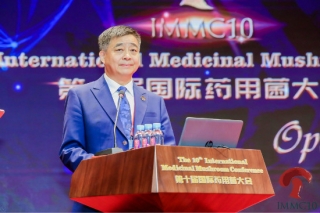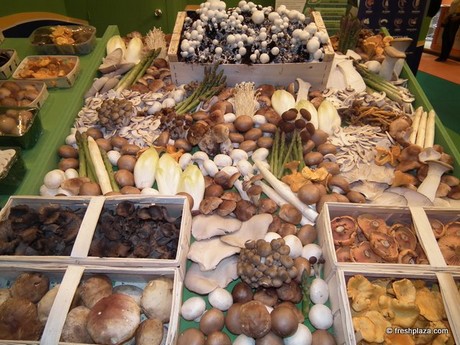
Organic mushrooms to tackle competitors
Wild mushroom sees most growth in market
In 1989, the first firm of Grupo Sousacamp was founded in Benlhevai, municipality of Vila Flor, Portugal, devoted to the production, commercialisation and distribution of mushrooms. It started as a family business, but its expansion and business diversification gave way to the creation of several other firms within the Group and of new production and processing units for mushrooms.
The activities of the Group currently involve all processes associated with the production of mushrooms: substrate production, harvesting and processing, both for the fresh and canned food markets, shipping and logistics.
As a result of all this effort, Grupo Sousacamp is currently the leader in the Spanish and Portuguese markets and has also entered new markets such as France, Germany, the Netherlands, Italy and Northern Africa.
Its main clients include supplier markets (Lisbon, Madrid, Barcelona, among others), retailers and supermarket chains, and its product range has increased to cover the needs of those clients, offering a wider selection of mushrooms, as well as other horticultural products," explains Rui Sampaio Teixeira, General Director of Sousacam Spain, S.A.
Varieties such as White and Brown mushrooms, Portobello, Shiitake and Pleurotus are the most demanded, according to Rui Sampaio; varieties of own production which the firm supplies all year long.
They also import some mushroom varieties from South Korea, such as the Enoki. "It is a more special product which, due to its characteristics, price and limited availability, we use for the Gourmet market," he explains. "They cannot be found at many retailers, although they have plenty of market potential."
One of the products with the most growth potential both in Spain and internationally are wild mushrooms. They offer a high added value and they differ from other varieties in their "forest flavour".
"From September to February we offer all varieties of wild mushrooms, both nationally produced and imported. Our main clients are wholesalers, supermarket chains and catering firms," explains Rui Sampaio.
The biggest competitors for Spanish mushrooms are countries such as the Netherlands, and especially Poland, which has absorbed most of the European market by offering very low prices.
"Our main weapon to fight this is quality," he affirms. "In any case, our organic products are the ones making the difference, as we are the largest producers of organic mushrooms in the Iberian Peninsula, and maybe also in Europe."
Mushrooms have high logistic costs due to their light weight, which has an impact on prices. "Within a strategy for internationalisation, the introduction of an own transport fleet and of various production and trading centres in Albacete, Palencia and Barcelona are a way to ensure the daily delivery of the products in Europe and to guarantee good timing and customer satisfaction," concludes Sampaio.





